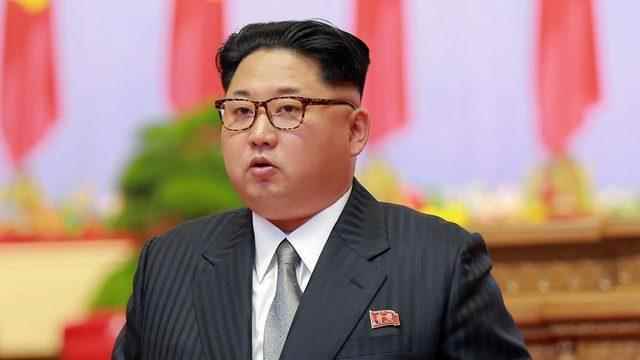As the world ends the coronavirus quarantines and prepares to say goodbye to the virus that has been in our lives for more than 2 years, news comes from North Korea that disturbs the whole world. Pyongyang’s government is grappling with an outbreak of unidentified stomach disease shortly after it admitted it was dealing with rising Covid-19 cases. All over the world, eyes were turned from country to new developments regarding the disease in question. A new news was shared with the public by the British press.
QUARANTINE DECISION IS OUT FOR MYSTERIOUS DISEASE
According to the news of the British newspaper Mirror; North Korean Leader Kim Jong-un has ordered a quarantine to try and control the new disease, which some health experts think may be cholera or typhoid.
It was noted that the North Korean leader sent medicine to the affected areas on Wednesday, June 15, to help those battling the epidemic.
State-affiliated news agency KCNA reported, “The Honorable Secretary General Kim Jong Un sent the medicines prepared by his family to the city of Haeju in South Hwanghae Province. To contain the epidemic at the earliest possible date, by taking good measure to quarantine suspected cases to completely prevent the spread of the disease. stressed the need.” said.
WHAT IS KNOWN ABOUT MYSTERIOUS DISEASE…
Known as an unidentified stomach disease, this disease is described as “enteric disease”. Enteric disease infects the gastrointestinal tract and is usually transmitted through contaminated food or water. They can also spread from person to person.
In the news, it was stated that the North Korean authorities began to disinfect sewage and other waste materials. State media added that “intense screening for all residents”, as well as quarantines, were implemented.
HIGH FEVER SYMPTOM
Last month, North Korea declared a state of emergency after it announced that millions of its citizens were suffering from “high fever” symptoms. Global health experts believed that people experiencing this symptom were untested cases of Covid-19. The government had described the fever epidemic as “the most serious national emergency” and imposed a nationwide lockdown to contain it.
On Thursday, June 16, more than 26 thousand cases of high fever were reported in the country, while the total number of patients registered across the country since the end of April approached 4.56 million.
